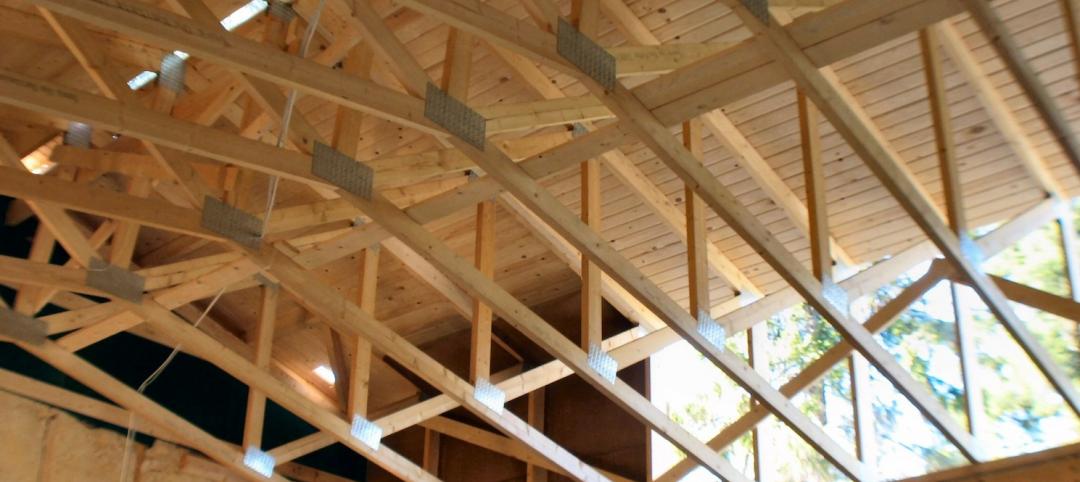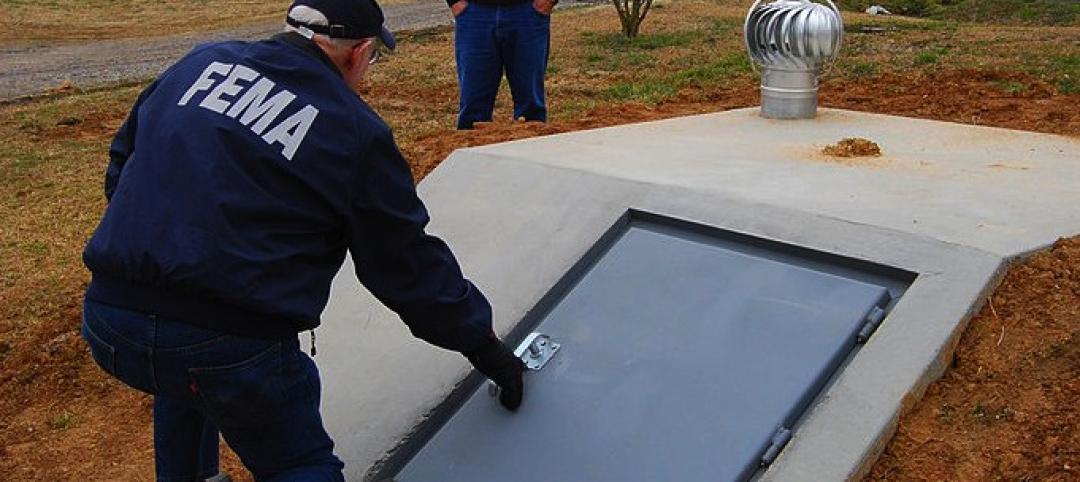A new report by the Union of Concerned Scientists (UCS) pinpoints portions of the U.S. at greatest risk of declining residential and commercial property values, and diminished city and county tax revenue due to flooding attributed to sea level rise.
The areas impacted face worse high tide flooding due to the effects of climate change, UCS says. The findings are the result of peer-reviewed analysis that used ZIP-code-by-ZIP-code data from Zillow Property Data.
The states found to be most at risk of flooding from rising seas are: Delaware, Georgia, Louisiana, Maryland, Massachusetts, New Jersey, New York, North Carolina, South Carolina, Texas, and Virginia. As much as 70% of some municipalities’ property tax bases could be at risk.
The analysis also provides risk assessment according to:
— Number of homes and commercial properties (by state and zip code).
— Current values of properties.
— The amount of money the properties contribute in annual property taxes, which fund schools, roads, and emergency services.
— How many properties could be spared if warming is limited to below 2 degrees Celsius.
— Near- and long-term impact projections, including within the next 30 years.
— Identification of areas where coastal property owners might experience recurring flooding so severe it limits their ability to live or work in these properties.
Related Stories
HVAC | Feb 6, 2015
ASHRAE, REHVA publish guide to chilled beam systems
The guide provides tools and advice for designing, commissioning, and operating chilled-beam systems.
Codes and Standards | Feb 2, 2015
AGC working with EPA on website to help with environmental rule compliance
The goal is for the site to be improved to make it easier for construction contractors to learn how to comply with federal and state environmental guidelines.
| Feb 2, 2015
New York law requires informing firefighters of wood truss construction
New York enacted a law that could make firefighting a bit safer by mandating property owners inform government and first-responders when they build or rehabilitate a building using "truss-type" pre-engineered wood or timber.
| Jan 14, 2015
Ontario code changes boost accessibility for people with disabilities
The new amended Ontario building code includes several provisions that improve accessibility for those with disabilities.
| Jan 14, 2015
American Concrete Institute releases Spanish edition of structural concrete code
New York City last year adopted the National Institute of Standards and Technology (NIST) recommendation to require additional exit stairways in high-rise buildings.
| Jan 14, 2015
Terrorism Risk Insurance Act renewed
President Barack Obama signed the Terrorism Risk Insurance Act law on Jan. 12.
| Jan 9, 2015
Academy of Art in San Francisco under fire for code violations
The fast-growing Academy of Art is under intense scrutiny by the City of San Francisco for code violations.
| Jan 9, 2015
New law mandates storm shelters in Illinois schools
An Illinois law took effect on Jan. 1 that requires all new and remodeled schools to have storm shelters.
| Jan 9, 2015
New OSHA regulations on reporting workplace deaths, hospitalizations take effect
As of Jan. 1, all employers under the jurisdiction of OSHA are required to report all work-related fatalities within eight hours and all in-patient hospitalizations, amputations, and losses of an eye within 24 hours.
| Jan 9, 2015
Zoning policy makes Bethesda, Md., a model walkable suburb
In sharp contrast to most suburban communities in the Washington, D.C. area, Bethesda, Md., stands out as a fine exemplar of the new urbanism ethos.













